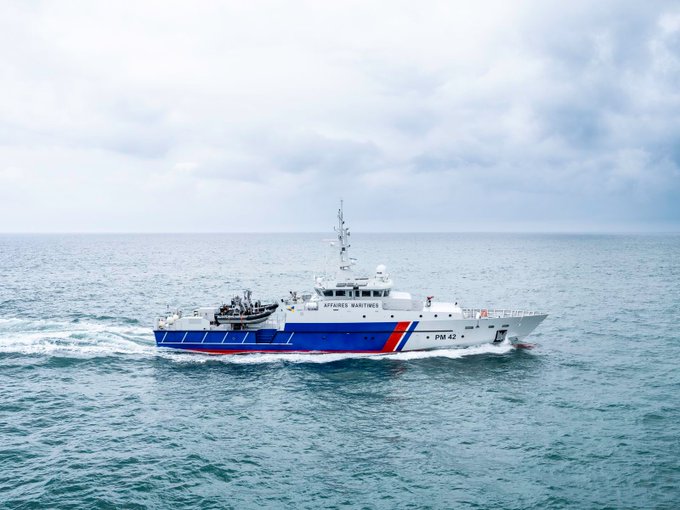Deadline: 28 February 2023
The III Course on Maritime Security, organised by the Atlantic Centre and the National Defence Institute (IDN) of Portugal, in partnership with the Canadian Coast Guard, the Gulf of Guinea Maritime Institute, in Accra, the Policy Center for the New South, in Rabat, the Institute for Security Studies, in Pretoria, and the United Nations Institute for Training and Research, will take place from 8-12 May 2023, in the Portuguese Military Air Base Nº 4, Lajes, Terceira Island, Azores, under the topic “Digital and technological challenges in the maritime sector".
The course aims to provide the appropriate conceptual tools to better grasp the complexity of multidimensional maritime challenges, as well as to explore how to best strengthen capacities and foster local resilience, while promoting solutions that enhance social cohesion and advance respect for human rights and dignity in maritime-bound contexts.
I. Eligibility
The following eligibility criteria should be abided:
- Staff officers from all services of the armed forces (OF3-OF5) or civilians equivalent, including high-level public officials, researchers, academics, NGO and IO staff and practitioners.
- Nationals from or working in an Atlantic country.
- Proven relevant experience in the field of maritime security and related areas.
The Atlantic Centre strongly encourages a balanced participation of men and women in its activities.
II. Terms and conditions
- The course will be taught entirely in English and the target audience will include military personnel, public servants, and high-level officials from Atlantic countries, with a previous background on maritime security issues or ongoing professional responsibilities related to such issues.
- A total of 30 slots will be made available. Support will be provided to participants in terms of accommodation and meals, throughout the duration of the course. Travel expenses and formalities to and from Terceira Island, Azores, will be of the responsibility of each participant.
- Trainers and guest speakers will be recruited and invited from partner countries and institutions, with different professional backgrounds to ensure diversity of profiles.
- The deadline for applications is 28 February 2023. A final decision of admission will be provided shortly after that.
III. Application
Documents to be submitted:
- CV
- Application/Motivation letter from the candidate
The required documentation should be submitted on the registration form. The organizing committee, composed of one representative of each partner entity, will have the final decision regarding every participant.
IV. Why the course?
The renewed global interest in 'oceanic regions' presents added challenges to the management of these spaces and to the increasingly complex daily operations that take place at sea, but also inland, in the air, space and cyber domains. Moreover, a balance is increasingly required between, on the one hand the jurisdictional and sovereign responsibilities coastal states have, namely in their Economic Exclusive Zones, Search and Rescue Areas and Continental Shelfs, and on the other hand the regional and global commitments to sustainable development, environmental protection, and food security fundamental for the well-being of communities.
The current international context is thus characterized by a set of challenges, risks and potential threats in the maritime domain, including to the naval industry, port facilities, critical maritime infrastructure, security of the sea lines of communications (SLOCS), as well as climate and environmental degradation. The legal, political, and technological issues raised by these changes, demands a better understanding of maritime security where the new component of cyber threats is reinforced and contributes to strengthening resilience against cyber and hybrid threats in all maritime sectors, including the protection of critical maritime infrastructure and considering emerging and disrupting technologies.
The Atlantic space is exposed to many of these dynamics, being one of the most significant routes for maritime trade, including energy trade, home to a dense and expanding network of submarine data cables and other critical infrastructure. The economic development of all four Atlantic continents depends on the ability to ensure regular and safe exchanges in a sustainable way. The reinforcement of the existing structures managing maritime security in the Atlantic, including NATO, the European Union, the Yaoundé Code of Conduct, or the Zone of Peace and Cooperation in the Atlantic, needs to go hand in hand with national capabilities.
